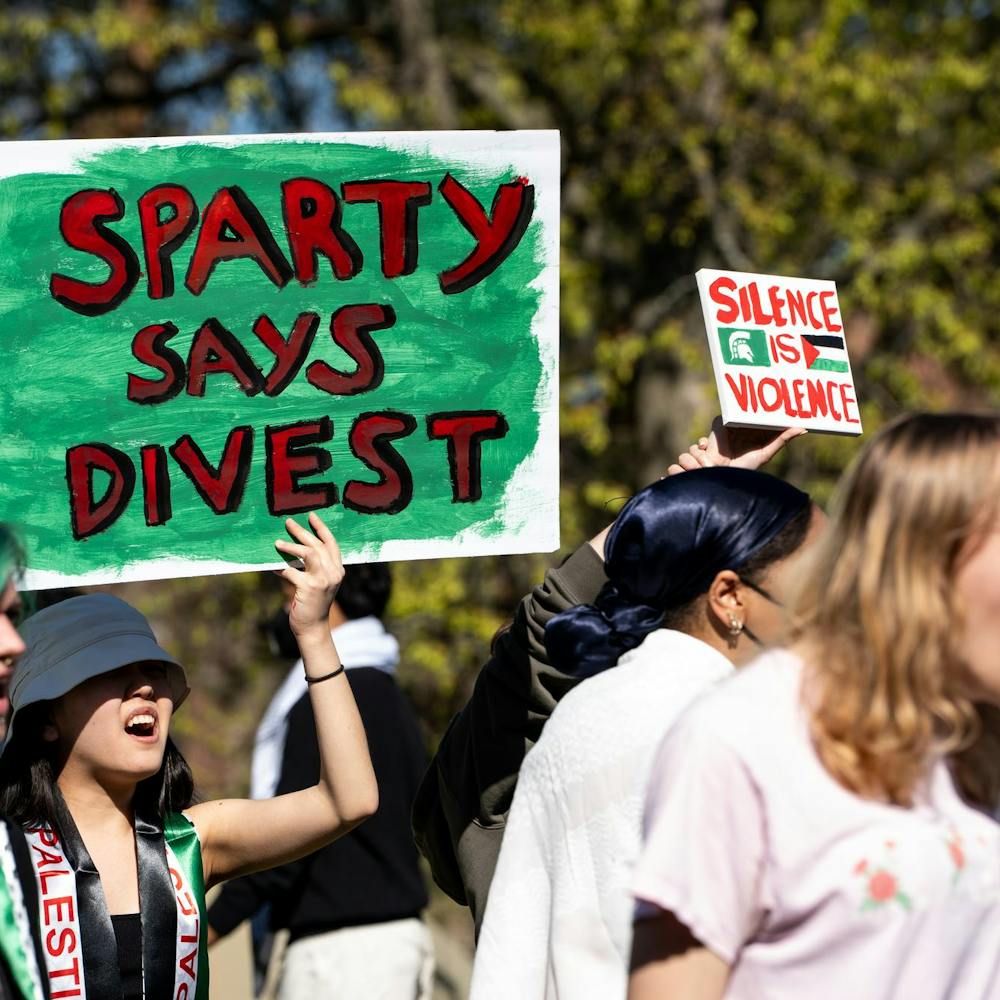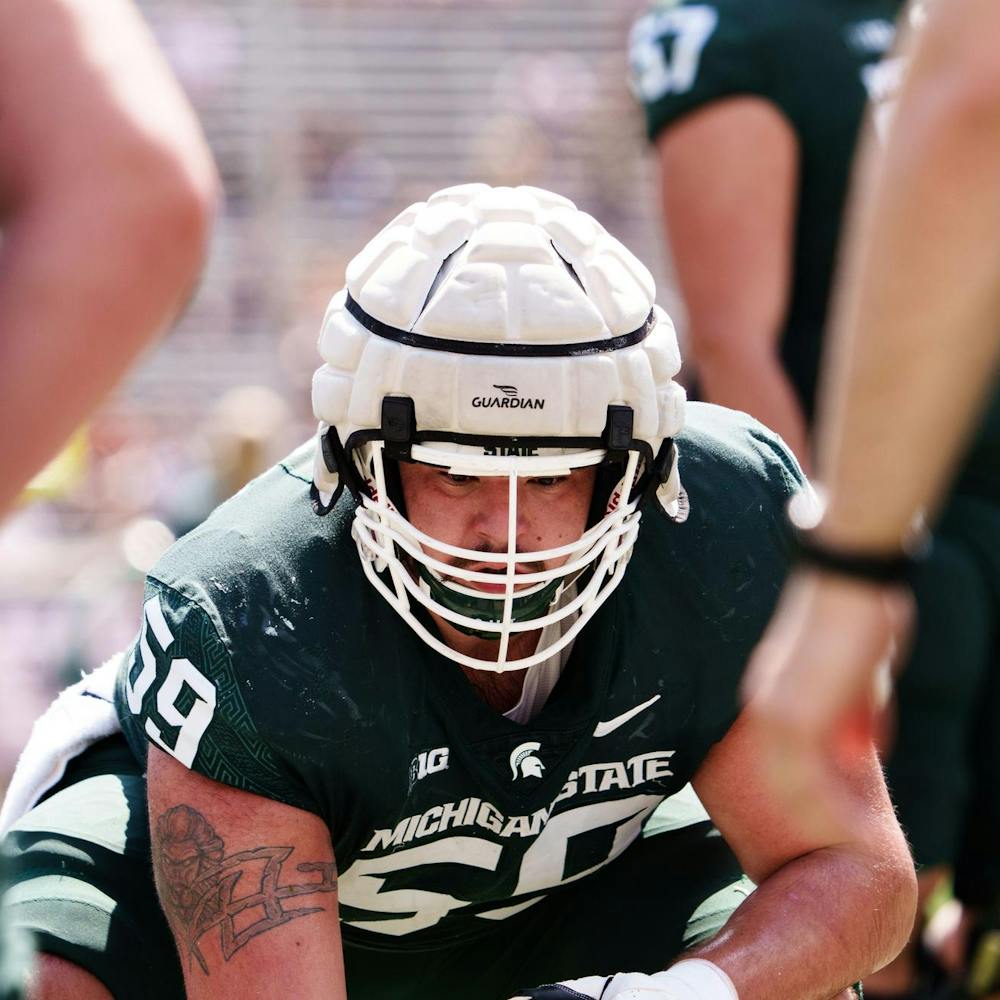Check the facts, MSU students — the candidates could be lying to you.
Experts said many “facts” stated by Sen. Barack Obama, D-Ill., and Sen. John McCain, R-Ariz., in political advertisements, speeches and debates are often exaggerated or spun in a questionable manner.
“They make promises that perhaps are not entirely accurate,” said Charles Atkin, chairman of MSU’s Department of Communication and a campaign communication expert. “And you’ve got researchers who check to see how truthful it is and will find cases where it’s not quite the same as reality.”
Mark Kornbluh, chairman of MSU’s Department of History and a voting behavior expert, said most people don’t take the time to check facts. What helps students make informed decisions are “more people out there checking facts than ever before.” Web sites like CNN.com have started incorporating fact-check links into stories about the presidential campaigns.
Rachael Juengel, an accounting freshman, said she “keeps a skeptical mind” about what the candidates claim, but she doesn’t think most students do enough research.
Genetics junior Samrita Varde said she wasn’t as committed to fact checking last election.
“I’m more serious about the election and obviously it’s affecting our youth,” she said. “Everyone should get involved and know the facts.”
Although she isn’t sure who she is voting for, psychology junior Megan Anderson said she will make her decision by scouring Web sites for information.
Atkin said many advertisements have been negative attacks, which intend to either rile up a candidate’s supporters or convince undecided voters not to vote. He said those voters are generally less informed and politically involved than most and can be swayed to stay home on election day.
Kornbluh said there is little point in trying to win voters through advertisements. He said the idea of the undecided voter is a myth and that advertisements — factual or misleading — merely serve to reinforce a voter’s biases.
“They help convince your supporters to go to the polls and to convince people who don’t agree with you to not go,” Kornbluh said. “It isn’t intended to change people’s minds. It’s just supposed to mobilize your side.”
Daniel Coulter, a no-preference freshman, said he doesn’t bother to check whether most advertisements are true because the content doesn’t matter.
“They’re trivial issues that don’t really seem to make much difference to the economy or our country overall,” he said.
Atkin said neither candidate has done a sufficient job supplying voters with facts, which will place an even greater burden on fact-checking poll-goers.
“They’re both relying on individual credibility, and credibility is in the eye of the beholder,” he said.
Support student media!
Please consider donating to The State News and help fund the future of journalism.
Discussion
Share and discuss “Campaign ads may be misleading, inaccurate” on social media.





